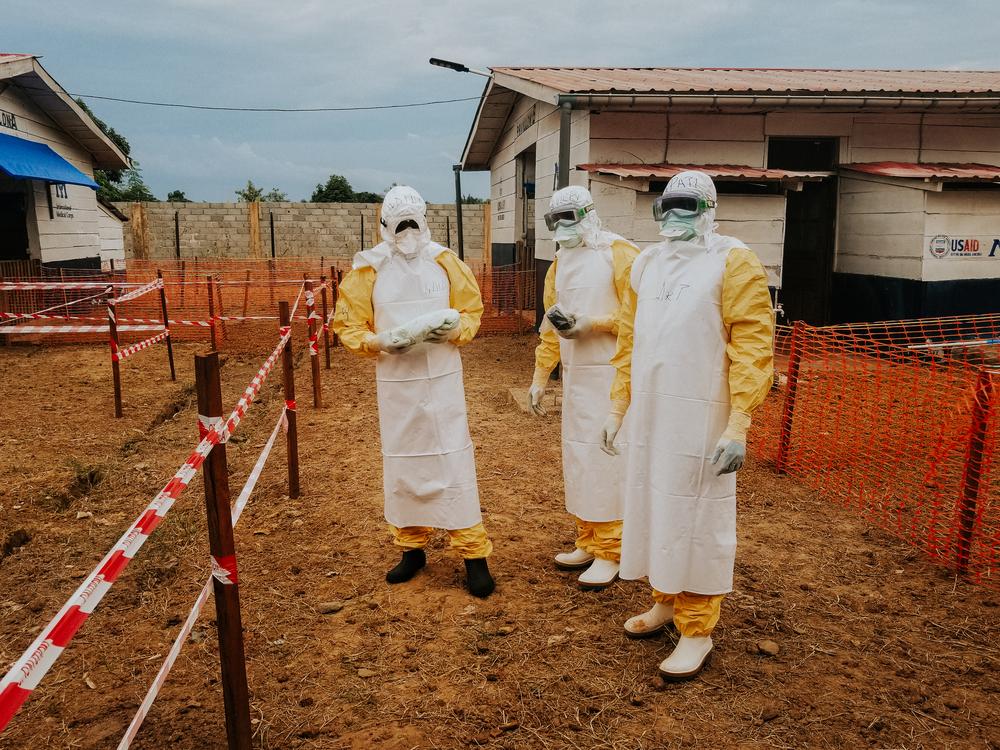On 23 April, an Ebola epidemic was declared in the town of Mbandaka, the capital of Equateur province. Médecins Sans Frontières quickly sent a team to the area to assess the needs and support the Ministry of Health in the response.
This new Ebola outbreak is the 14th in the DRC since the Ebola virus was identified in the country in 1976, and the 6th in Equateur province.
As of 12 May - 20 days after its declaration - the epidemic remains limited to one health zone in the city of Mbandaka, where three people have contracted the disease, and died.
The health authorities and several international partners - including MSF - quickly arrived on the scene to support the various pillars of the response: epidemiological surveillance, case management, awareness raising, etc. A vaccination campaign was also launched by the authorities.
MSF support so far:
- Supporting the Ebola treatment centre - The team deployed on the ground first identified the need to support the existing Ebola treatment centre (ETC) in Wangata, both in terms of patient flow and frontline staff training. In order to make it fully functional again as quickly as possible, MSF team, among other things, reorganised the triage and strengthened measures to prevent infection. Our team also provided care to several suspected Ebola patients and the third confirmed case, who nevertheless unfortunately died. After nearly two weeks of support, the treatment centre in Wangata was handed over on May 11th to another medical organisation, after donation of essential drugs and medical supplies.
- Reinforcing isolation and treatment capacities in decentralized health facilities – With more actors now active in the urban Mbandaka and Wangata health zones, MSF team has started to support three health facilities in the peripheral Bolenge health zone (south of Mbandaka city) in order to provide care to patients as close as possible from where they live. In Bolenge health centre, we set up a triage and built up an 8-bed integrated treatment centre (six beds for suspected cases and two for confirmed ones). In Wendji-Secli health centre, MSF team set up a triage and an isolation room. Similar works are also about to start in Ikengo health centre in the coming days. Training on infection prevention as well as case detection and management will also be provided to the frontline workers of those structures.
- Strengthening the health promotion and community-based surveillance - MSF is also preparing to strengthen health promotion, epidemiological surveillance and alert investigation in peripheral areas outside the city of Mbandaka. Mbandaka and its surroundings hold a key position on the Congo River and are an important river and road crossing point, not only in the province but also towards other major cities in the country. Raising awareness among the communities and equipping them to better detect signs and report back alerts early is crucial to ensure that the epidemic does not spread.
